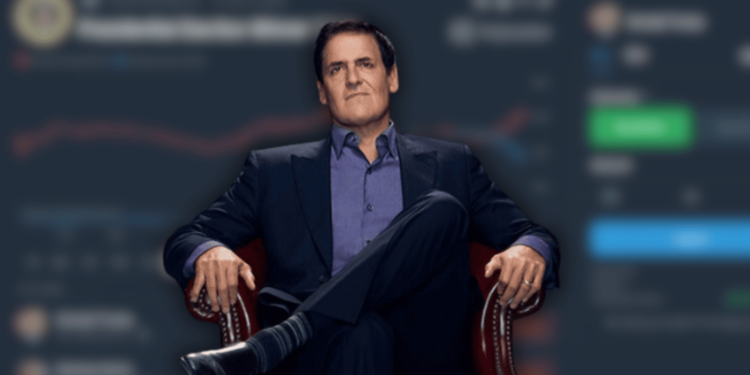- Mark Cuban dismissed the usefulness of the decentralized prediction market Polymarket in predicting the 2024 U.S. presidential election winner, stating that most of the money coming into Polymarket is foreign money.
- Polymarket’s odds currently give Donald Trump a 64.1% chance of defeating Vice President Kamala Harris, with Harris at 36.1%.
- Cuban revealed that he is an indirect investor in Polymarket through a crypto fund, despite being critical of its usefulness as a predictor of the 2024 Presidential race.
Billionaire investor Mark Cuban has dismissed the usefulness of the decentralized prediction market Polymarket when it comes to predicting the 2024 US presidential election winner. Cuban’s comments come as Polymarket currently gives Donald Trump a 64.1% chance of defeating Vice President Kamala Harris.
Cuban’s Dismissal of Polymarket Odds
In an interview with CNBC Squawk Box, Cuban said “From all indications, most of the money coming into Polymarket is foreign money, so I don’t think it’s an indication of anything.” Over $2 billion has been staked on Polymarket at the time of writing, with most of the capital flowing in being wagered on Trump. Just over $600 million has been placed on Trump so far, while more than $400 million has been put behind Harris.

Cuban pointed out that Polymarket doesn’t allow US citizens to place bets on the election. This follows a 2022 decision by the Commodity Futures Trading Commission (CFTC) which saw the platform hit with a $14 million fine.
Polymarket Prediction Accuracy
Despite being critical of Polymarket’s usefulness for the 2024 election, Cuban revealed he is an indirect investor in the platform through a crypto fund. Polymarket has proven accurate in predicting recent US political events, correctly calling President Biden‘s withdrawal from the 2024 race.
How Polymarket Operates
Unlike a traditional betting platform, Polymarket users don’t bet against the house. Odds are determined by users buying and selling shares in an outcome, with shares created when opposing sides agree on odds. This has led some to argue that Polymarket odds can be manipulated by bettors with motives beyond predicting the election outcome.
Conclusion
While Cuban questions Polymarket’s reliability for the 2024 election, the platform has built a track record of accuracy in political predictions. However, its decentralized nature leaves it potentially vulnerable to manipulation. The election odds represent an ongoing debate around the usefulness of prediction markets.














